Plex: 5 April 2023
Complexity Adventures April Summit; Interview with Cody Harrison from Copia; Sustainability vs Flourishing; Fungal Frenzy: Debating Communication, Information, and the Wood Wide Web; Fwd: Musings on The AI Dilemma; A Passover Reflection

The Biweekly Plex Dispatch is an inter-community newspaper published by Collective Sense Commons on first and third Wednesdays of each month. Price per issue: 1 USD, or your choice of amount (even zero).
In This Issue
- Complexity Adventures April Summit
- Interview with Cody Harrison from Copia
- Sustainability vs Flourishing
- Four Pix
- Fungal Frenzy: Debating Communication, Information, and the Wood Wide Web
- Fwd: Musings on The AI Dilemma
- A Passover Reflection
Complexity Adventures April Summit
by Peter Kaminski
I learned about Complexity Adventures (fka “Complexity Weekend”) shortly before press time, so I cannot provide much context yet. But I think CA, and the CA Summits, will be very interesting and useful to folks in the Plex.
Consider saving the dates, April 28-30, for the upcoming summit. It's a 48-hour, around-the-clock, around-the-world virtual unconference, running on Gather Town. You won't have to attend the whole 48 hours, of course, just the sessions you find most interesting (and can be awake for!).
Join our next online Summit (April 28-30th, 2023): “Learn Complexity by Doing” with a diverse community of global Adventurers and inclusive Guides. Meet future collaborators from all countries, domains, perspectives, and levels of familiarity with Complexity. Your perspective is needed!
I'll have more information in the next edition of the Plex.
Interview with Cody Harrison from Copia
Cody Harrison is the founder of Copia (formerly Corona Enterprises), a regenerative design-build cooperative. Jerry Michalski and Peter Kaminski met with him on Zoom to say hello and to start to look for synergies between Copia and the Plex. The following is an email interview between Pete and Cody.
Q: Hi Cody, it's nice to meet you! For Plex readers who don't know you already, can you tell us a little about yourself and Corona Enterprises?
Hi, I'm Cody. I grew up in the NW corner of Montana with Glacier National Park in my backyard. My educational background includes a BA in Environmental Science and Policy from Duke University and a little over 12 years working in any way I could to help save the world, in sectors such as water, waste, housing, agriculture, and energy.
Generally, I work through an LLC I started in college exclusively in the environmental and social impact sectors trying to leverage technology and biology harmoniously as tools for social good. I am committed to creating an economic system that works for all life on this planet, providing for human needs in a way that actually regenerates the planet.
I think that with the widespread use of open source, bioregional, multi-stakeholder cooperatives we can incentivize automation of menial human tasks, allowing the 99% to benefit from the wave of automation that is continuing to wash ashore, instead of fearing it for its job-killing capacity.
I think a side effect of large multi-stakeholder cooperatives would be widespread ecosystem regeneration as we realize the vast wealth and potential within our natural systems. For decades now we have had the technology to eliminate poverty but our current incentive structures and culture have prevented us from doing so.
I find that absolutely unacceptable and have dedicated my entire professional life and much of my personal life to righting that wrong.
Q: I hear you've got a name change coming up. Do you have a new name picked out? How did the name change come about?
For the time being we're going to go with Copia, Greek for “abundance.” We won't form a new legal entity quite yet so we'll let this simmer for a bit to see how we like it.
The premise for the new name was that since we are more or less converting Corona Enterprises into a multi-stakeholder cooperative, we should create a new name so that we would have a shared sense of ownership from the ground up.
Q: What are a couple of the projects Corona is thinking about at the moment?
As we attempt to launch this multi-stakeholder cooperative, or really a Federation of cooperatives and mission-aligned organizations, we are trying to figure out what our market entry point should be.
We've engaged in a process of collaborative decision-making and narrowed around 30 different business ideas down to 5.
Those are a compost porta potty co-op, a refurbished utility-scale battery bank operator, a flexible micro-factory of the future, a regenerative real estate development company, and some sort of local woody biomass enterprise (likely combining removal/salvage of fire-prone invasives e.g. eucalyptus, with some sort of value-added processing of the material).
Q: What kinds of help are you looking for?
That's a good question... We're having trouble getting engagement from the ~100 members we've gotten signed on so far. Even paying $50/hr for people to join meetings we still have people not showing up and not even responding to text messages letting them know the meetings are starting, even when they've RSVPd yes.
So we could use someone who really loves creating culture and community within an organization, someone who would like to organize some in-person get-together to build camaraderie perhaps. Someone who would personally reach out to all new sign-ups and get them onboarded might help. We also could use all the advice we can get in terms of which of the above market entry ideas might make sense to start with.
Q: What kinds of help can you offer?
Haha that's a great question too. For the past 12 years Corona has operated using a fairly basic fee for service model providing mostly project management services to environmental and social impact initiatives as well as some more pure consulting here and there.
But we're really trying to move on from that to something more impactful and scaleable. That's not to say that we can't provide services going forward. Hypothetically, the 100 people we already have involved could offer myriad products and services.
And if we had chosen one of our above market entry points then I could give a specific answer such as we can help remove and process your fire-prone eucalyptus trees, restore the area with native flora and fauna, and help you monetize the enhanced ecosystem services the restored area will provide.
Q: Where can we learn more about Corona (now Copia)?
Right now the website is www.corona-enterprises.com, and soon www.copia.life should point to more or less the same site but with a new logo. If any of this piques your interest you're also welcome to reach out to me personally at charrison@corona-enterprises.com.
Sustainability vs Flourishing
by Ken Homer
Transcript:
Ever since the Brundtland Report in 1987, the word “sustainability” has come to dominate much of our public discourse when we talk about our collective future.
However, sustainability does not evoke the kind of compelling vision for humanity's future that we need if we are to rise to the challenges of our time.
We choose to refer to creating a “flourishing future” where we heal our relationships to each other and to the Earth.
Sustainability is the neutral point on the continuum between a horrifying future and one worth living into.
Here are just a few of the markers of progress we need to achieve along that continuum.
We believe that given the opportunity, virtually everyone would prefer that their work contributes to a flourishing future.
Photos
by Ken Homer
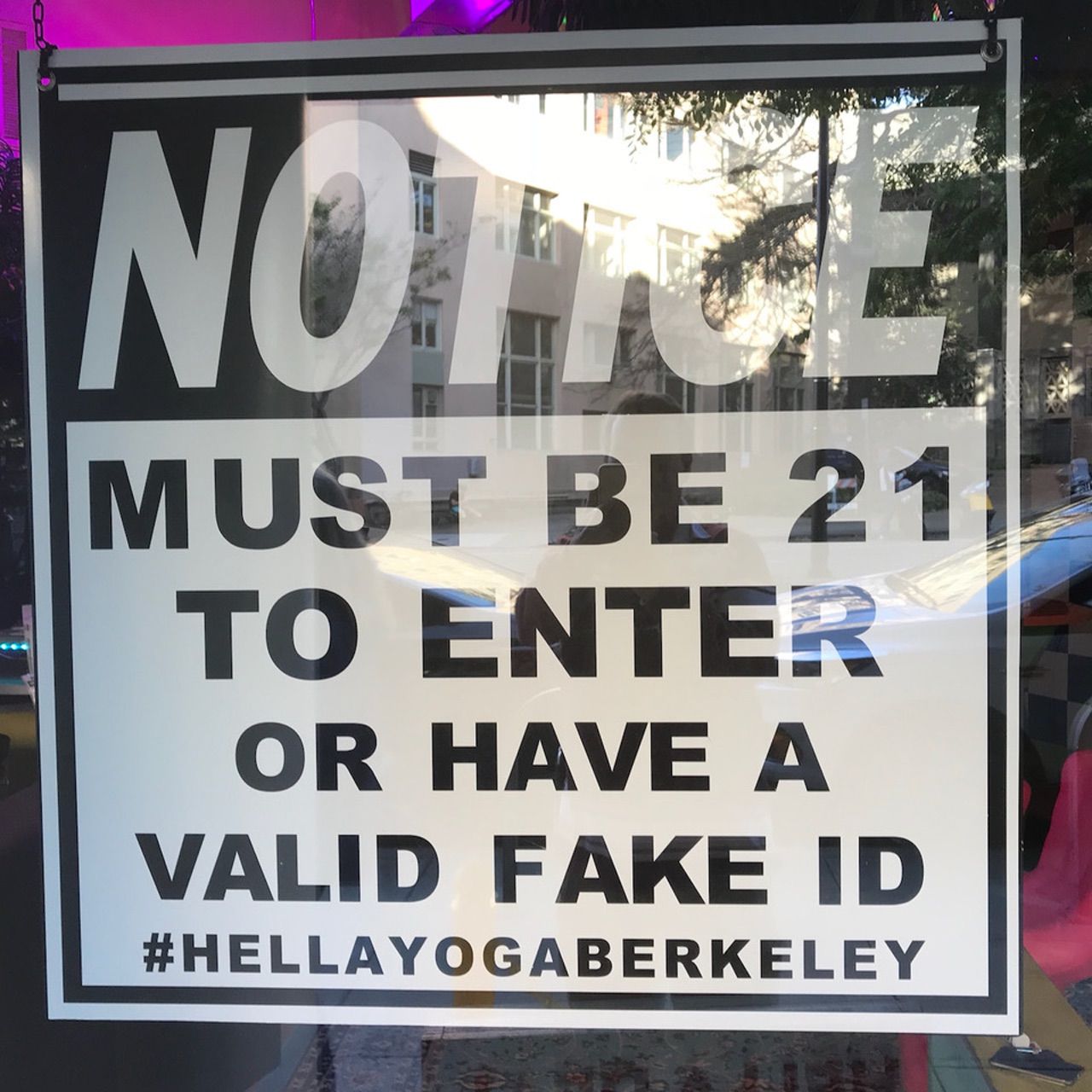
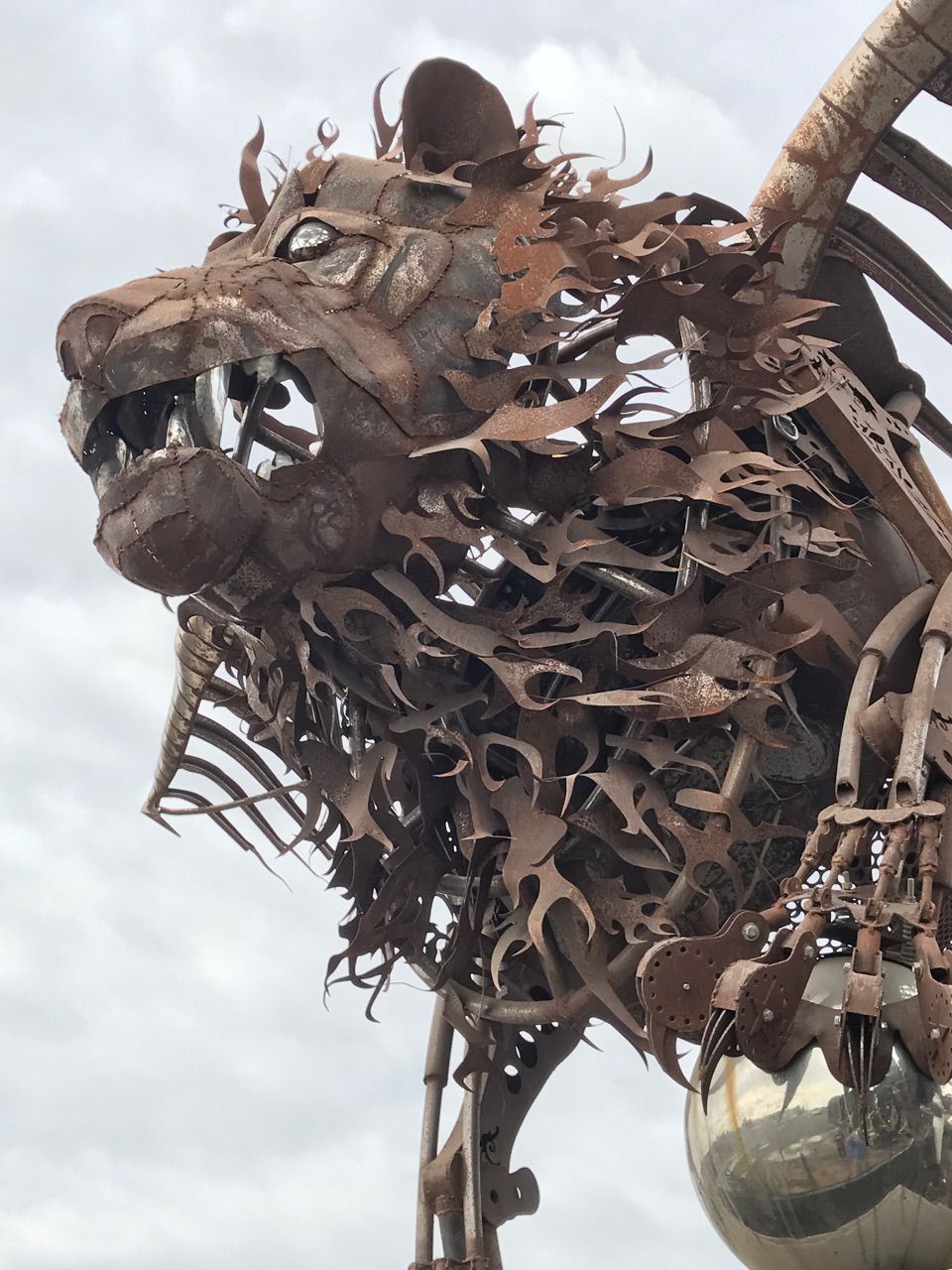
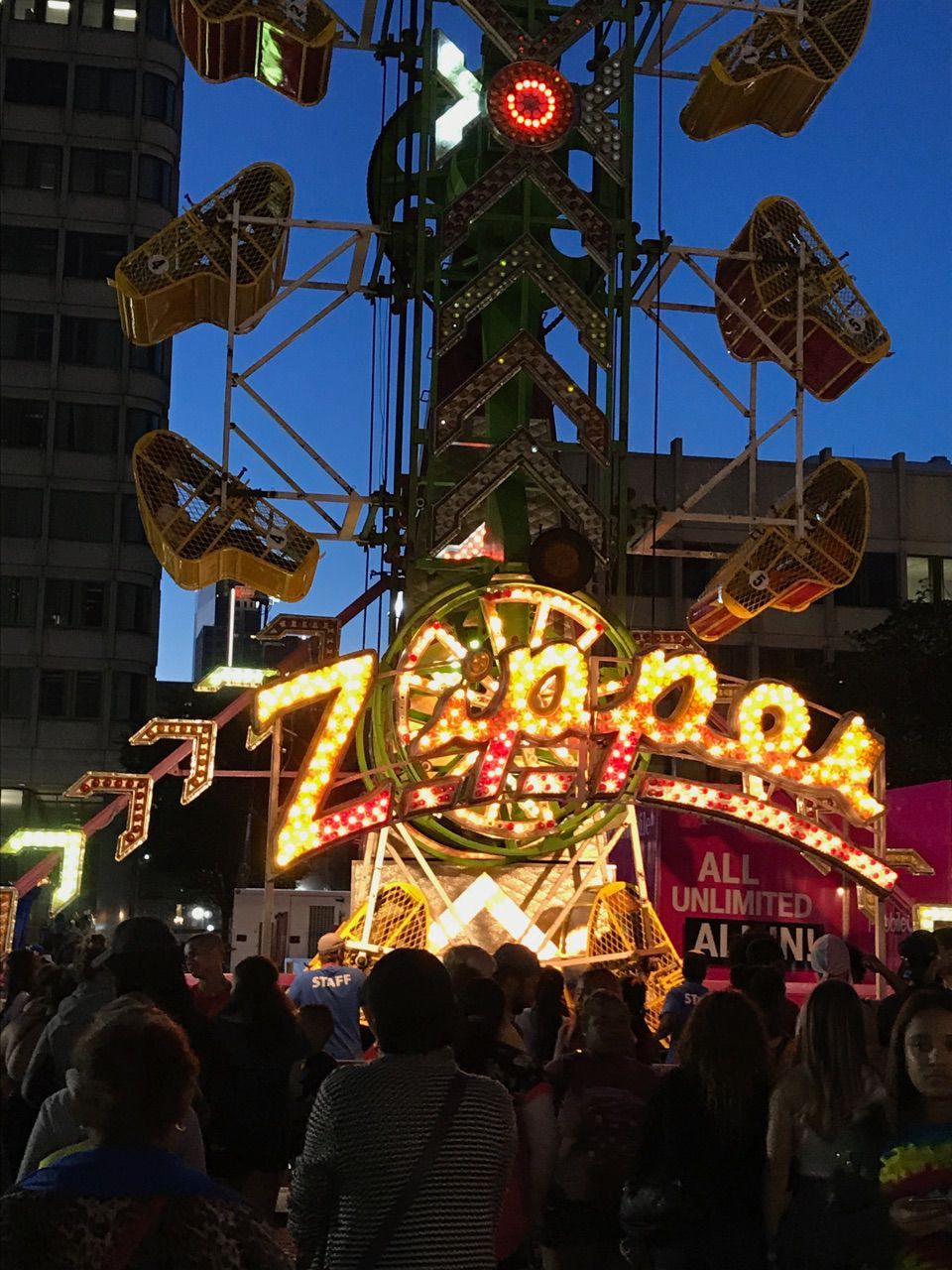
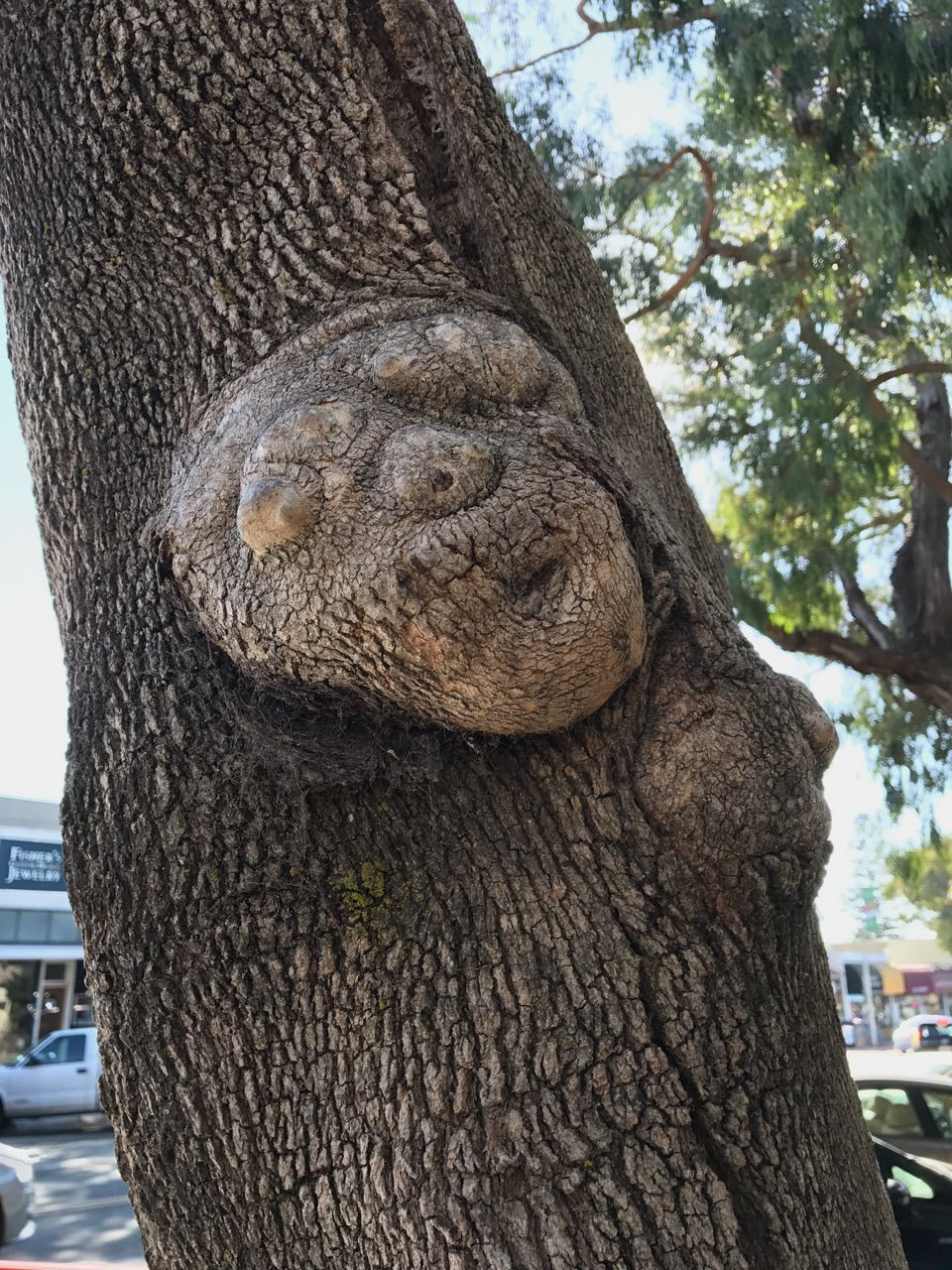
Fungal Frenzy: Debating Communication, Information, and the Wood Wide Web
by Peter Kaminski
Consider this a small art/research experiment. I tried using ChatGPT (with its new GPT-4 model) to summarize a long, fascinating thread on the OGM email list. See these two Google Docs for the result. Comments are enabled.
I know we’ve all seen too many clever and not-so-clever ChatGPT articles of late, and I do not add another piece lightly; but I think this one has intrinsic value, not just novelty.
A tip: Don’t rely on ChatGPT as an “oracle”, asking it questions and getting back factual answers. Sometimes it’s good at that, sometimes it just makes things up. Rather, use it as an interactive, conversational assistant that’s very good with text, and can riff associatively using your material and the massive amounts of text it’s been trained on. As OpenAI says, ChatGPT “can generate, edit, and iterate with users on creative and technical writing tasks.”
Also to note, I do not recommend static AI-generated summaries over full-text reading of the original conversation, but I do find AI summarization a useful adjunct.
And indeed, rather than reading a static summarization, I recommend doing your own, multiple, iterative, interactive summarization with an AI as a way of exploring a longer text. A good AI will produce different takes on the material over different runs, and you can interactively ask it to summarize differently or to zoom in on different details, or in different ways, during iterative runs. Use the AI as a copilot or navigator, not just an errand bot. Have conversations with it, that's what it's best at.
Methodology: I hand-curated emails from the “Silence of the Fungi” and “infomRION ns commnicTION” threads from the OGM mailing list, retaining author names and new text from messages, but removing previous quoted messages. I left out some messages which appeared to be mainly ChatGPT-generated context.
The resulting text was about 87,360 words on 14,760 lines, which was too much for ChatGPT to ingest at one time. I subdivided the text several times, ultimately ending up with eight smaller texts. I fed those to the ChatGPT web interface (GPT-4 model) one at a time, with two prompts:
- P1: “Summarize the following, using initials instead of participants' full names. Do not be overly concise. Do not add a summary sentence.”
- P2: “Use initials for participants in the discussion, instead of their full names. Please explain the following discussion to me as if I were 16 years old. Do not add a summary sentence.”
The prompts were created after a number of iterations with different prompts, feeding the texts to both GPT-3.5-turbo and GPT-4.
I noticed that in different runs, the AI would summarize differently – sometimes emphasizing one concept in the text more or less, or generating longer or shorter summaries. I felt that I learned a good deal about the original text by watching ChatGPT summarize it over and over in different ways. I’m sure that if I had wanted to, I could have used ChatGPT to dissect and analyze the text in a myriad of ways, and would have gotten much more out of it than I would in a few regular read-throughs of the text.
After all the summaries were created, I concatenated them, creating a “Longer Summary”. I then asked ChatGPT to summarize that, creating the “Shorter Summary”.
I then asked ChatGPT to create titles, sometimes with no other instruction than “create a title”, sometimes with an instruction to create “short, catchy” titles, and some “clickbait” titles. The final title, “Fungal Frenzy: Debating Communication, Information, and the Wood Wide Web” is one of the short, catchy titles.
The clickbait titles it produced included “Shocking Discovery: Trees Talk and It Changes Everything We Know About Communication!” and “Scientists shocked as trees found talking to each other! Discover the mind-blowing truth about communication in nature”.
I preferred the shorty, catchy titles. 🙂
Fwd: Musings on The AI Dilemma
by Killu Sanborn and Peter Kaminski
Killu forwarded the piece “Musing on The AI Dilemma” to folks she knows in a number of communities. Here is her intro, and my reply. – Pete
From: Killu Sanborn
Musings on The AI Dilemma 💗👾 – How to bring ideas to life in a good way? – Andrew Murray Dunn, 2023-03-29
Am forwarding this note from a friend who works with Tristan Harris (maker of “The Social Dilemma”), as it has a video link to a powerful discussion about AI that I believe is beyond timely, and important to know about (and to share). Don't take my word for it - listen, and see how it leaves you.
For me, it leaves me shaken, sobered, and also inspired into action - to share this with you all who are members of diverse communities. Am happy and grateful to know all of you amazing people. If this video calls you into action and sharing with your friends, I will be even happier!
Here's to a better world through wise action, friends, and imagination of an even better future than we now know.
Killu
From: Peter Kaminski
Thank you, Killu, and thank you, everyone.
I love that Harris and Raskin did the podcast, and AI definitely deserves a lot of societal consideration. (AGI, probably even more.) More discussion, not debate, as they say.
By the way, the home page for the episode has a transcript:
The AI Dilemma, 2023-03-24
I want to say that I find the episode to be a good awareness piece, but not especially informative, and not especially thoughtful. It's sort of mixed. But AI is an important issue, and I appreciate their efforts to bring these issues into more awareness.
The episode is well worth sharing, and a good starting point for more discussion.
The most thoughtful musings I've seen on recent AI developments are from David Brin, a scientist, futurist, and science fiction author. He has been thinking about technology (including AI) and society for a long time. In a previous age (1998), he wrote about society, security, secrecy, accountability, and privacy, in a non-fiction book, “The Transparent Society”.
Here are a couple of interrelated things about AI from him over the past five weeks:
The only way out of the AI dilemma, 2023-03-31
Essential (mostly neglected) questions and answers about Artificial Intelligence: Part I, 2023-03-20
Essential (mostly neglected) questions and answers about Artificial Intelligence: Part II, 2023-03-27
David Brin - The First Robotic Empathy Crisis - Tim Ventura Interview, YouTube, 2023-02-23
Together they are not short, and not quick to summarize.
Having said that, Brin says that secrecy, opacity, renunciation, tight regulation, and fierce internal limitations are the things society will be tempted to enact to control AI; and that they will fail.
He says that the only thing that will work will be having more AIs, not fewer, with checks and balances between AIs – reciprocal accountability. “... mixing some degree of centralized adjudication, justice and investment and planning… but combining it with maximized empowerment of separate, individualistic players.”
Look for where he describes a flattened diamond of a society (like democratic societies, or in Nature itself), rather than a pyramid of power.
This is just a poor summary of highlights from what Brin has said. I left out a number of other interesting thoughts and observations he has, and of course, any errors of understanding or summarization are mine. Mostly, I recommend reading and watching the originals.
In community,
Pete
Photos
by charles blass
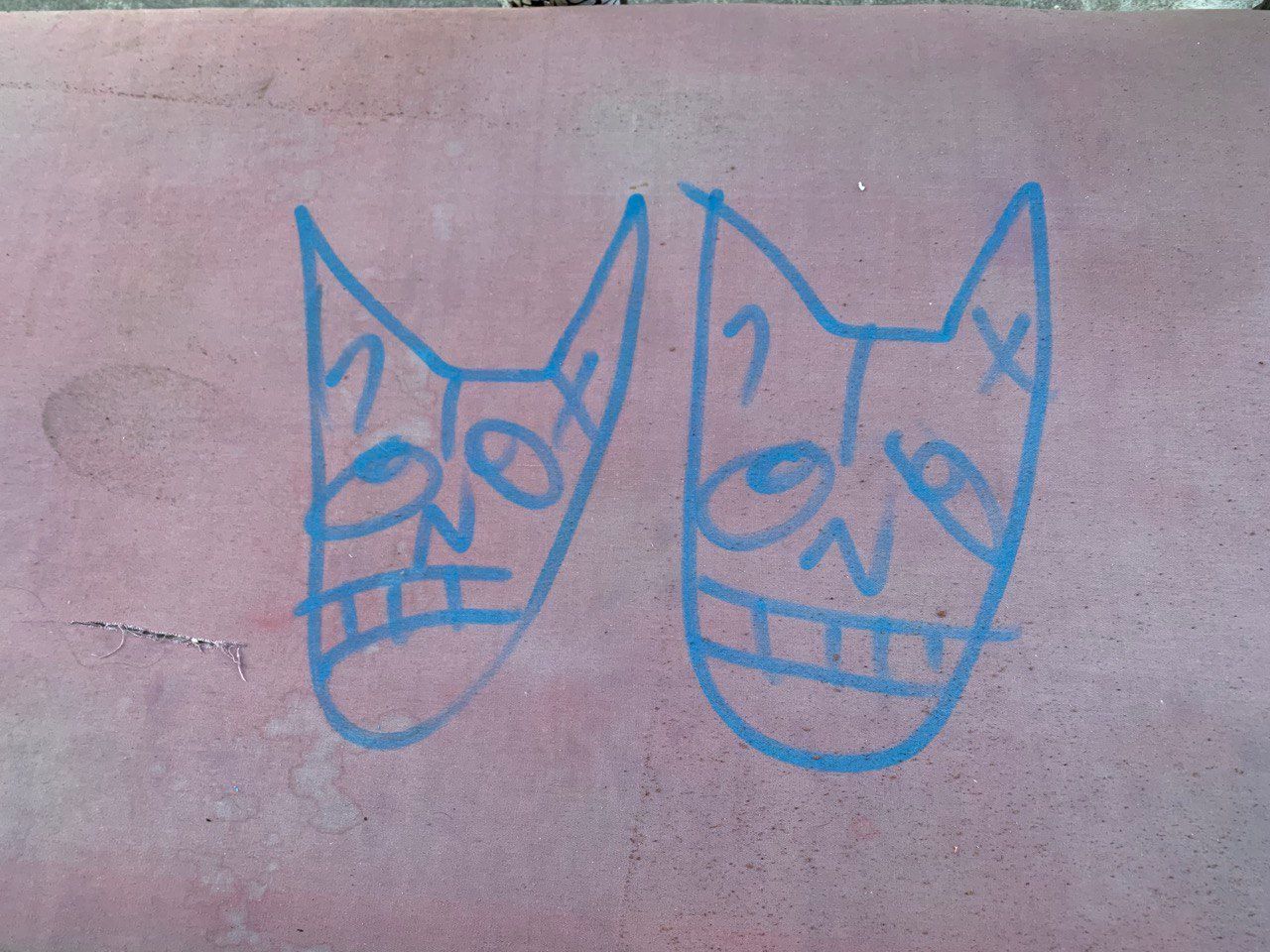
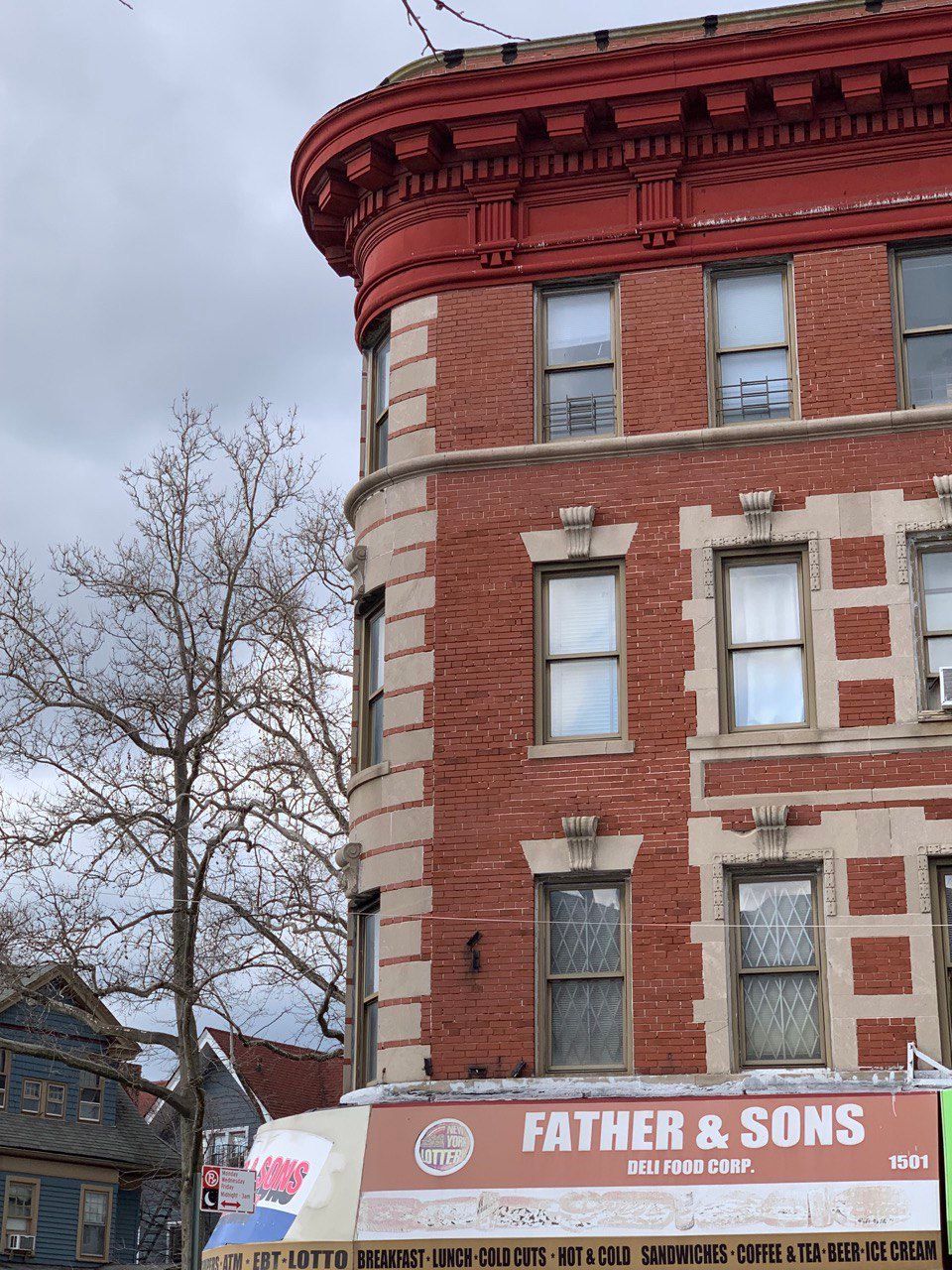
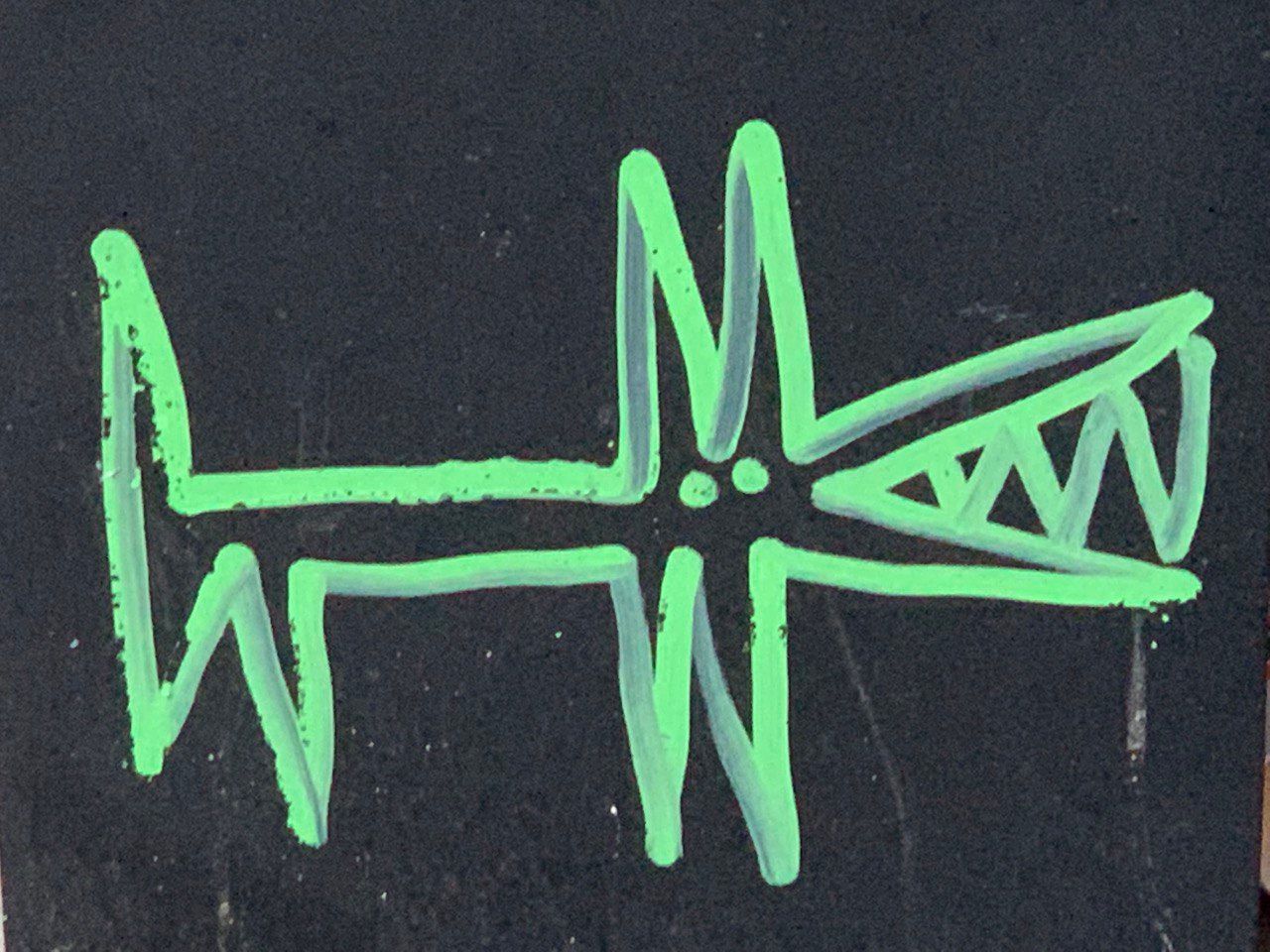
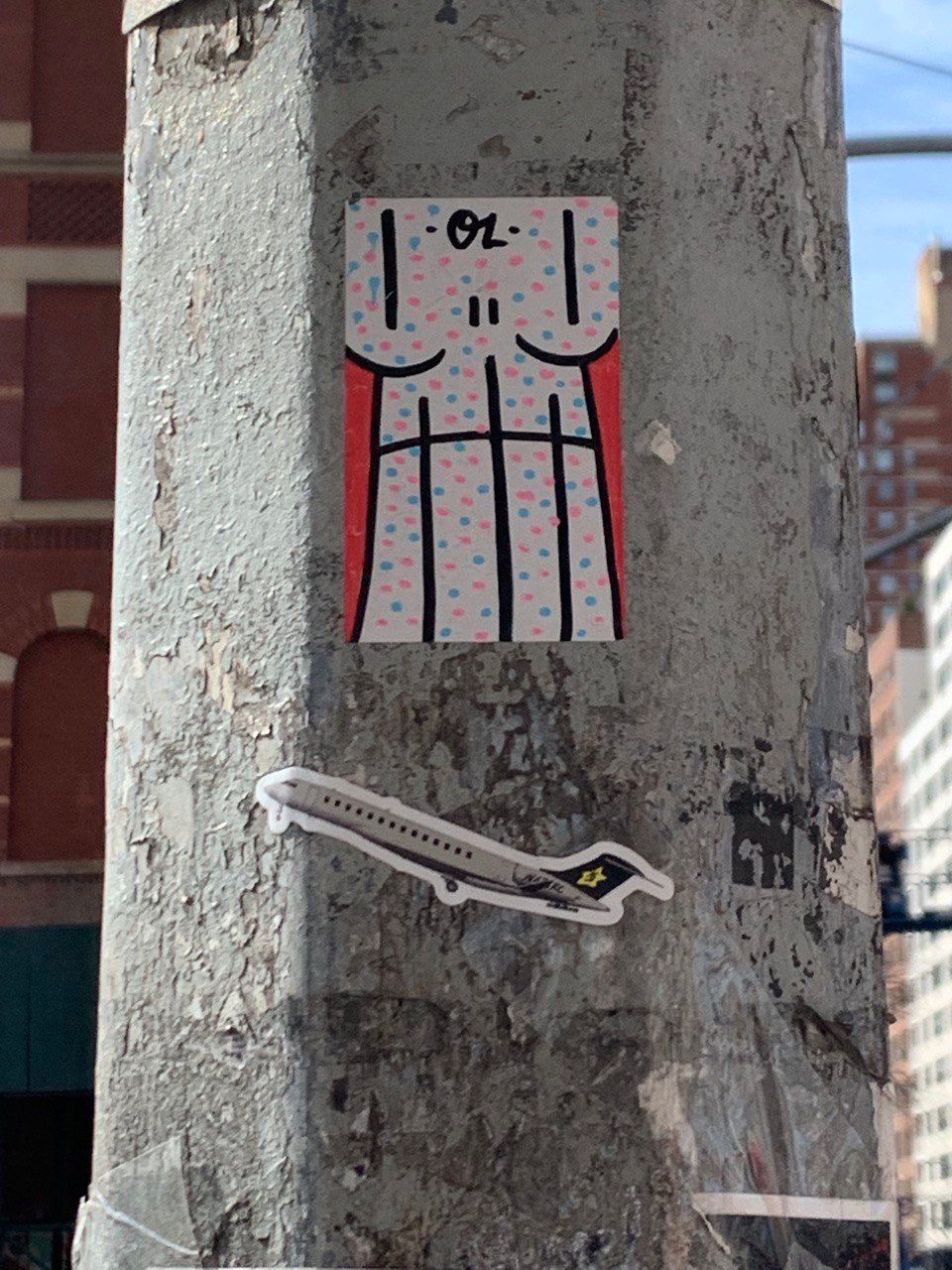
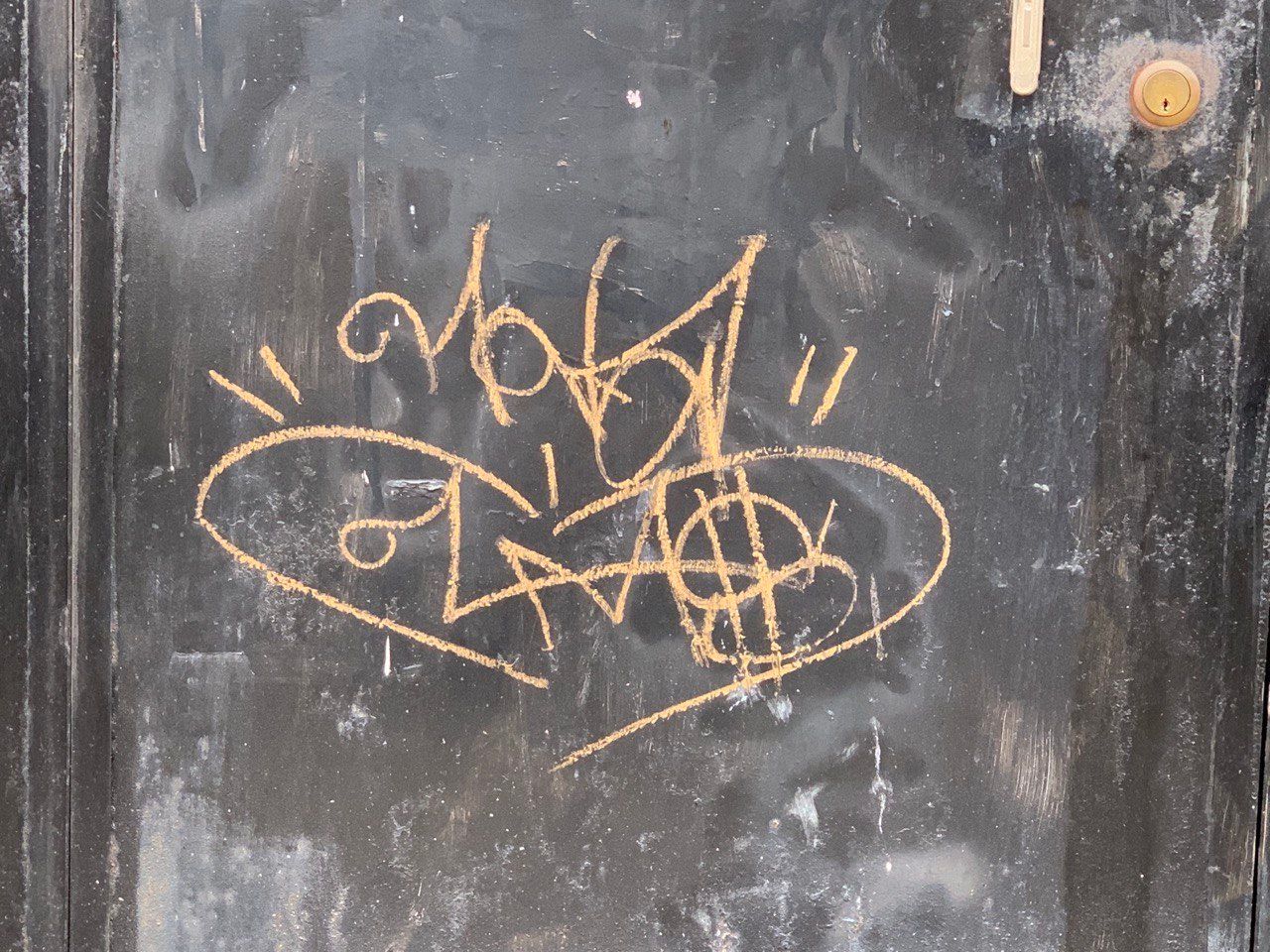
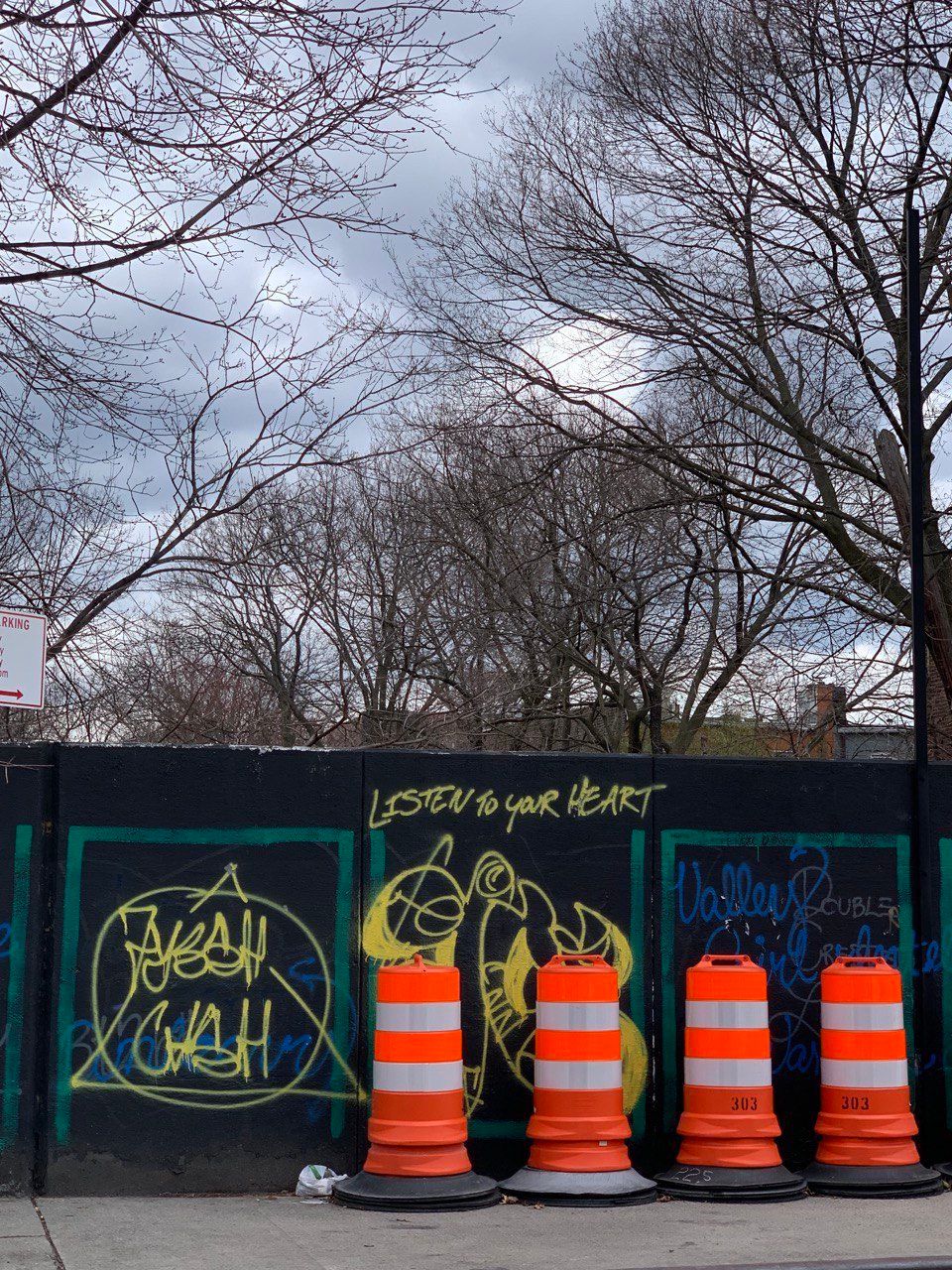
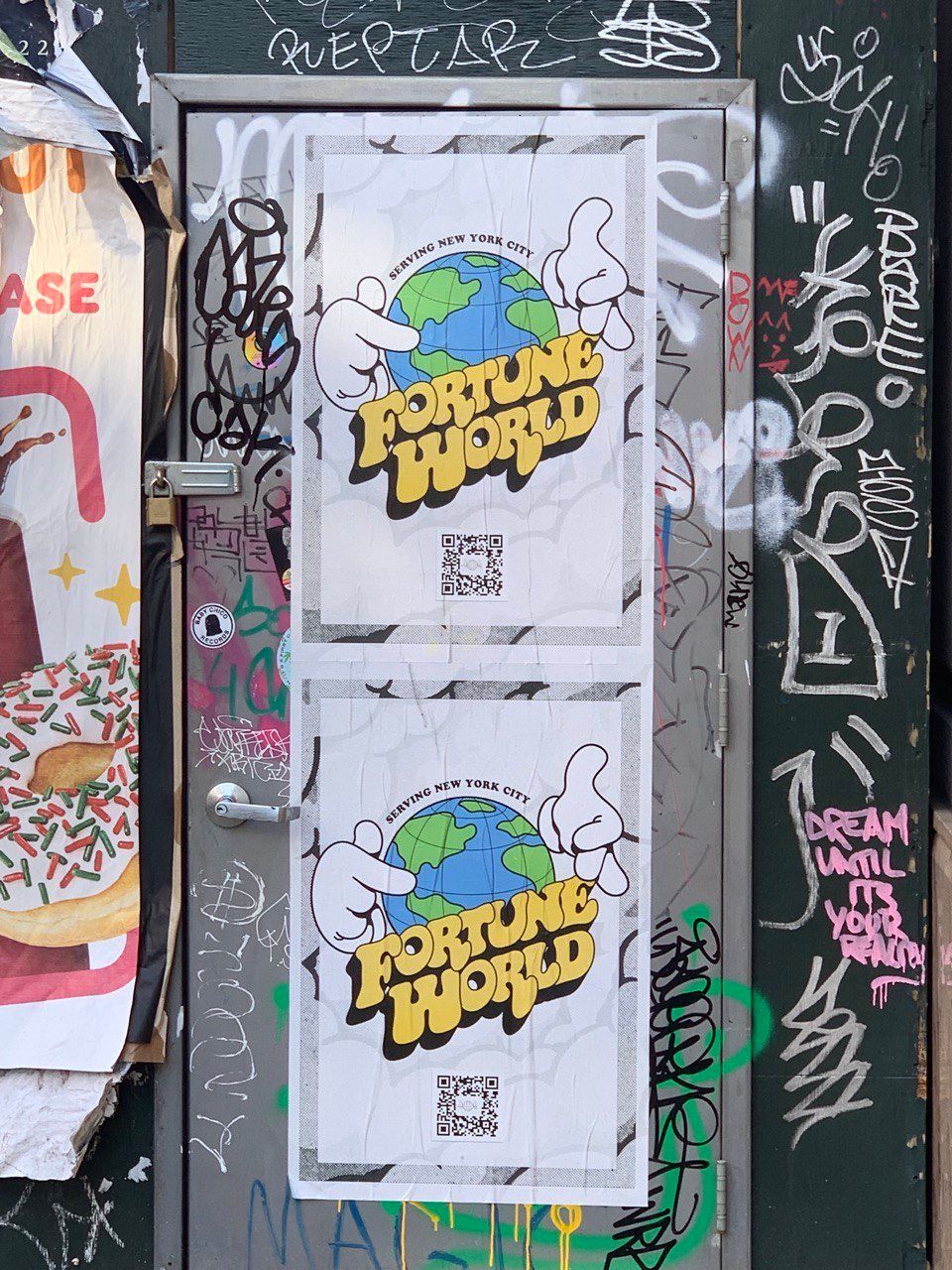
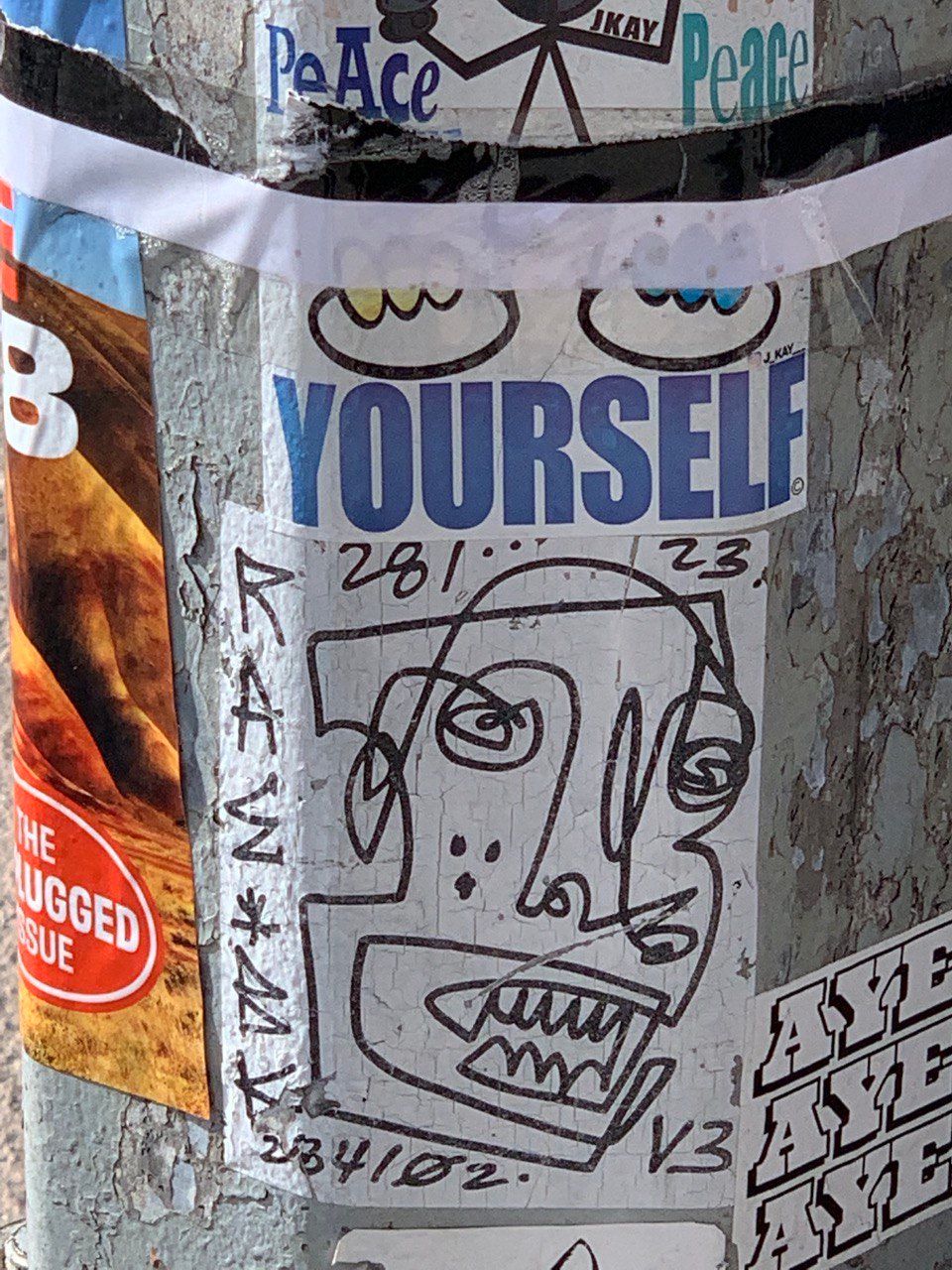
A Passover Reflection
by Stacey Druss
I listened from the back, as the Rabbi asked the question, “Why be a Jew?” His response was that he did not know. My heart called out,” I know, I know, we are Jews because through birth or circumstance, we are called. It is the path that is tailor made for us.” There are many ways to realize God. Our job is to find the one that is best suited for us. There should be no judgments. We are all perfectly different and different in our perfection. It is our job to honor our differences and those of others. There is no room for blame, guilt or judgment.
Rabbi stated, “We are always asking questions yet still don’t have the answer.” My heart called out, “Maybe we are not meant to answer the question; perhaps it is just the search that Matters.”
I sat in the back of the synagogue missing my Rabbi that was unexplainably absent. We had been told he had a condition that prevented him from fulfilling his duties and would not return for some time. The details were vague and while many tried to live true to the words of the Torah and not speak gossip; others were not strong enough to live up to their potential. I tried not to judge. I couldn't help feeling protective over him though.
We had become close, as I had joined a Torah Study program that he had initiated. I wanted to learn firsthand the basis for this religion that I was beginning to feel drawn to. Until now being Jewish was just a name I called myself. Now, I wanted to know why. I was attracted to the notion that as Reform Jews we are not only allowed to question; we are encouraged to do so. It is in the questioning that we discover what has been hidden. It is in the uncovering of the teachings that we bring the Torah to life.
Now, in the absence of my beloved Rabbi, as well as our Cantor who had been away overseas, I listened to Rabbi Emeritus. With no compensation, he gave of himself to ensure that the links of our congregation would not be weakened. I marveled at the analogies that were enacting before my eyes. Members of the choir, in the absence of their Cantor, finding the strength to step up and carry out that which our congregation yearned for. Although the beauty of the Cantor’s voice was unparalleled, somehow the spirit of the choir made its absence less noticed.
Together their voices lifted my soul and brought me to tears. I later learned from some members how difficult an endeavor it had been. Many were nervous without her leadership, but still something from within guided them to perform. When called upon, they came through. It reminded me of the slaves in Egypt. Together they had crossed the sea and against all odds, had prevailed. Together on this day, we prevailed.
Rabbi spoke of the importance of hope and of the realization that we are all co-creators with God. I thought about the sadness we were facing at not having our Rabbi present, and the hardships that had been a result of that. My heart felt full, as I watched how we as a people had joined together to carry on.
For some reason, I have never questioned God's intentions for allowing bad things to happen. For me it has always been clear that difficult times come laden with opportunities. I know that these are the times that offer the spirit within us the chance to soar. These are the times that call upon our courage to lift us to our potential.
I often see the parallels between the days I learned about in Torah study, and the days that I watch play out now. I recognize the sincere and the misguided. I cling to the nuggets of wisdom that I learned about in that class; the warnings against gossip. I pray alone and I pray in community. I live with hope in my heart that the foundation laid before me, will remind me to act accordingly. I remember that the Torah is alive through me. I ask myself how I will want it to read.
Moses was not able to enter the promised land, yet by all accounts he was an extraordinary leader. A great leader is not one who is perfect. A great leader is one who through example, shows the way to overcome difficult circumstances. Each of us, I believe, is now being called upon to lead. We have before us, an opportunity to share the gifts within; to be the blessings we were meant to be. We are not separate. We are each a spark of the Divine. Let this moment be our time to join together and shine. Chag Sameach! <3
Note: Today I woke up remembering this song by Josh Nelson. It’s one I carry in my heart. It forever connects me to a moment in time, and all that is. I’d like to share it with you.
We are gifts and we are blessings
We are history in song.
We are hope and we are healing
We are learning to be strong.
We are words and we are stories
We are pictures of the past.
We are carriers of wisdom
Not the first and not the last
Thank you for reading! The next edition will be published on 19 April 2023. Email Pete with suggested submissions.
Grateful appreciation and thanks to Charles Blass, Stacey Druss, Cody Harrison, Ken Homer, and Killu Sanborn for their contributions to this issue.